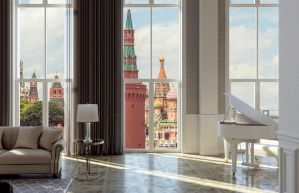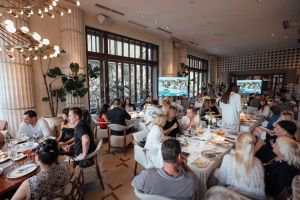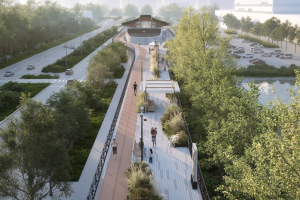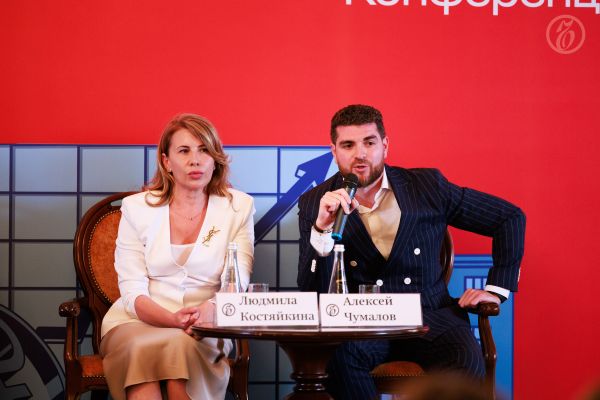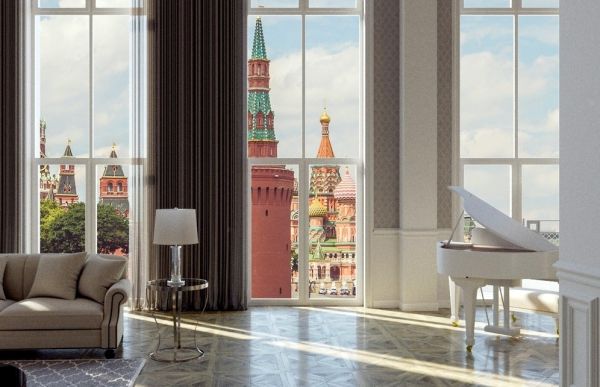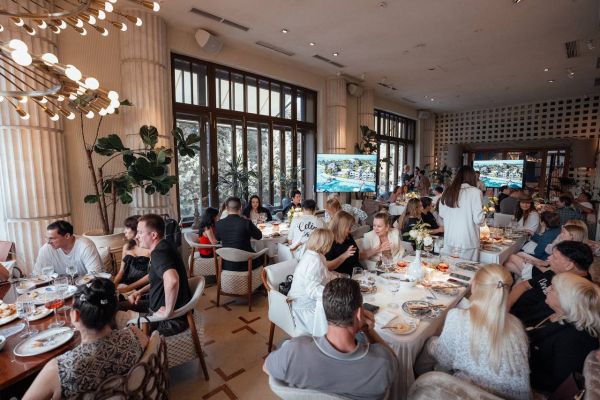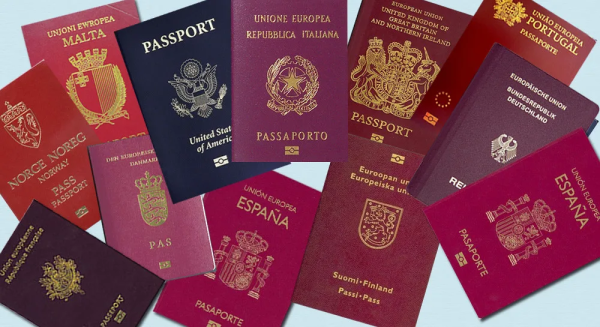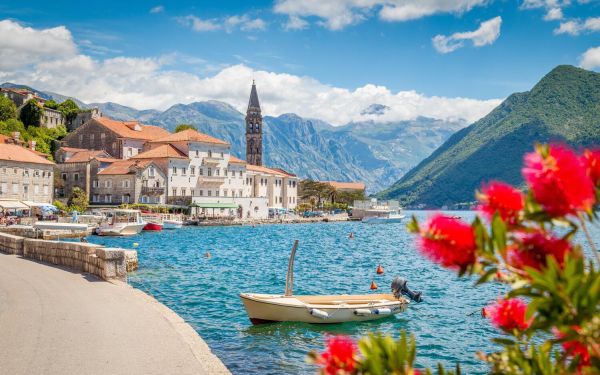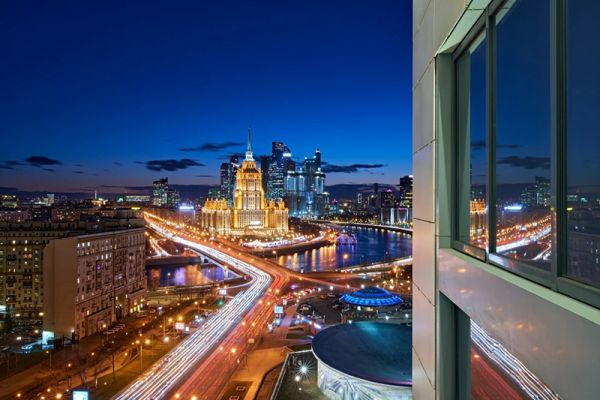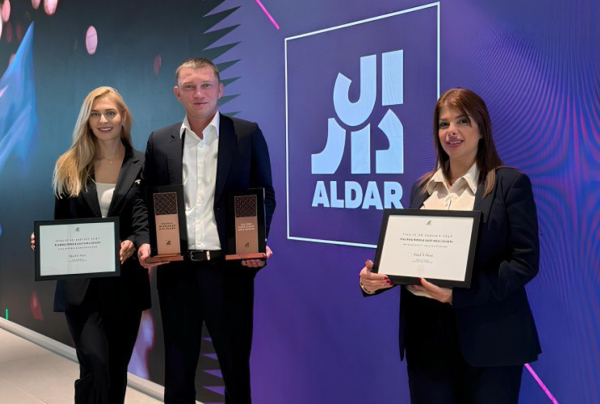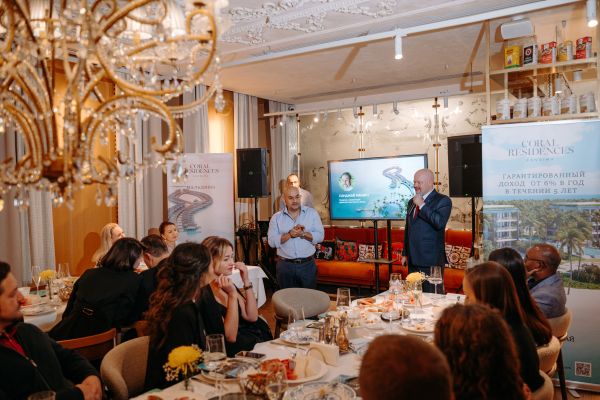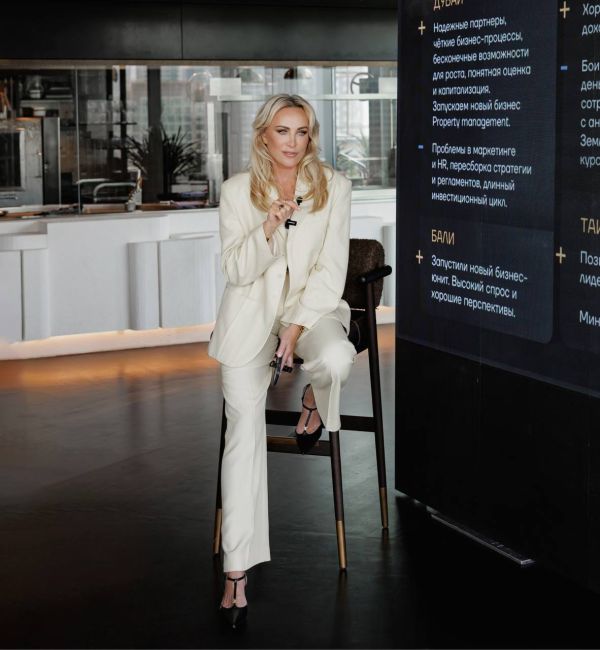Quadrant: A compromise of "step accessibility"
Examples of "ideal" trading corridors are given by the owner of GK "EKOOFFICE" Andrey Kovalev. These are Leninsky, Lomonosovsky, and Kutuzovsky avenues. "In Soviet times, apartments on the ground floors with such a location were cheaper than all others in the building, but now the situation has completely changed. After being transferred to non-residential status, the square meter of such an area can cost 20 to 30 thousand dollars," the expert returns to the topic of profitability.
A pharmacy against a bank
Of course, former housing on the ground floors is not ideal premises for tenants, and when buying a particular apartment, one should at least have an approximate idea of what can be done here and what cannot. "Each business has its own nuances regarding the configuration of premises, lighting, the number of "wet" areas, and so on," notes Andrey Kovalev. "For example, a dental clinic requires completely different premises than a grocery store."
In premises with an area of less than 51 sq.m., it is not allowed, for example, to sell strong alcoholic beverages, Anton Belykh reminds. There are difficulties in opening a cafe in a converted premises, as a separate ventilation system needs to be installed and additional kilowatts need to be purchased. At the same time, the areas for a full-fledged cafe are too small, which will not allow for the recovery of all investments in a timely manner.
"The most profitable are small grocery stores, communication salons, beauty salons, pharmacies, and banks. They are willing to pay good rental rates, so it is advantageous for the owner, they themselves earn well in such formats, and they provide residents with the necessary infrastructure and an alternative to large supermarkets. If the owner wants to start his own business, he should rely on the sphere in which he is most knowledgeable and experienced. You can earn on everything if you know how to do it," gives recommendations Anton Belykh.
The market decides
It is worth noting that today's market situation also affects the profitability of the business. "Currently, the main demand for premises in the street retail format is for grocery stores, cafes/restaurants. If we talk about buying premises for subsequent rental, it is important to understand that the profitability of the rental business has decreased: the exposure period has increased, tenants negotiate preferential conditions (reducing the indexation rate, increasing rent holidays, etc). At the same time, there is no expected increase in rental rates in the near future," shares market details Svetlana Shorina, Director of the Valuation Department at CBRE.
Svetlana Yarova, Head of the Street Retail Department at JLL, disagrees with her colleague: "Today, the share of vacant premises in this market is about 10%, and it will gradually decrease. Given the impossibility of converting new premises into non-residential properties, the existing supply will be absorbed, and the rent rate supported by demand will remain high. According to our forecasts, rental rates for these premises will not decrease, but any increase in rates can be expected only in the perspective of two to three years."
The more profitable, the more difficult
In the current times, the unanimous forecast that rental rates will not decrease is already an incentive to engage in this business. However, the gradual complication of the conversion procedure reduces interest. Moreover, experts are afraid that with the introduction of new restrictions, the conversion of housing on the ground floors into non-residential premises may stop altogether.
"The massive offensive" on businesses on the ground floors was started by the city authorities in May of this year, by prohibiting by the Moscow Government Decree No. 276-PP attaching a separate entrance to residential buildings. However, as Egor Levchenko, Head of the Commercial Real Estate Department at Kalinka Group, reminds, the presence of such an entrance is in fact a prerequisite for converting housing into non-residential status. In other words, by not legally banning the conversion process, the city administration has actually made it impossible. Now entrepreneurs can start the conversion process only for premises that already have a separate entrance, and such premises are already virtually all converted.
"After the decree on the redevelopment of premises in apartment buildings, it became impossible to convert even those premises that had already been approved by the authorized bodies. The fate of these premises is still unclear," shares the expert.
The
Read also
Stay up to date with the latest news
We promise to send only interesting and important articles.

